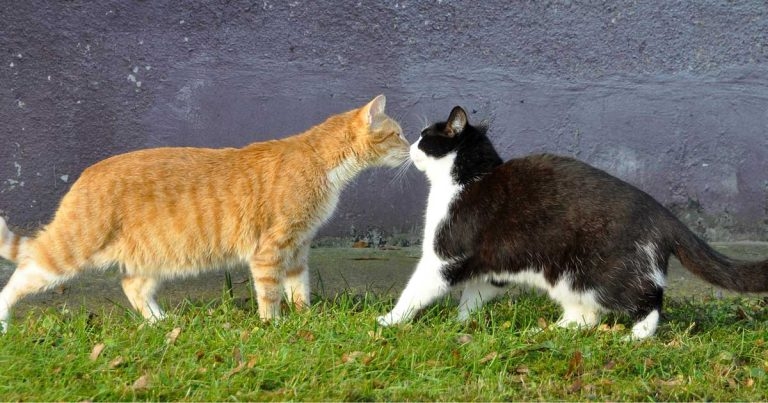28 Aug 2025
RSPCA officials have called for a collective effort to increase vaccine take-up rates.

Image: © zanna_ / Adobe Stock
A charity veterinary hospital has warned a surge of cat disease cases affecting its services could be replicated in other areas with high population and low vaccination levels.
RSPCA officials have called for a collective effort to increase vaccine take-up rates, which they fear have contributed to the present trend, in a move the BVA welcomed as a “timely reminder”.
Concerns were initially raised in May when an RSPCA branch in Greater Manchester revealed more than 20 cats and kittens in its care had died from preventable conditions during the first quarter of this year.
Now, bosses of the charity’s Newbrook Farm facility in Birmingham have reported seeing at least three times as many feline panleukopenia virus (FPV) cases this summer than last year. They also revealed they had received numerous litters that included kittens affected by diarrhoea caused by Isospora species.
Hospital director Jo Szkutnicki said the FPV problem had historically been linked to the Birmingham area.
But she added: “Realistically, we think it is likely to be anywhere with a high cat population and low vaccination uptake.”
Dr Szkutnicki urged veterinary professionals to be more active in promoting vaccinations to their clients and pet owners to ensure their pets were inoculated at the right times to “help tackle this together”.
BVA president Elizabeth Mullineaux added: “We often see cases of infectious diseases go through peaks and troughs depending on a local area’s vaccination status.
“This current increase in feline panleukopenia virus cases is a timely reminder for all cat owners and vets to ensure pets are up to date with vaccines.
“BVA always encourages owners and vets to have a discussion on the right preventive health care regime for pets, based on the individual animal’s needs and the disease risk in the area.”
The clinical role was also emphasised by a study, published in the Frontiers in Veterinary Science journal, which argued that ensuring cats are neutered from four months old should be one of the key priorities in feline population management.
But the collaboration between Cats Protection, International Cat Care and the University of Exeter also voiced concerns that such efforts could be hampered by care access barriers including cost, capacity, and clinicians not neutering at an appropriate time.
Rae Foreman-Worsley, one of the study’s co-authors and a feline welfare associate researcher for Cats Protection, said awareness and understanding of the obstacles some pet owners may face was critical to overcoming them.
She added: “Whether these are practical issues such as transport, or intrinsic issues such as motivation, we hope that highlighting potential barriers helps both organisations and individuals to actively account for and address them in their approaches.”